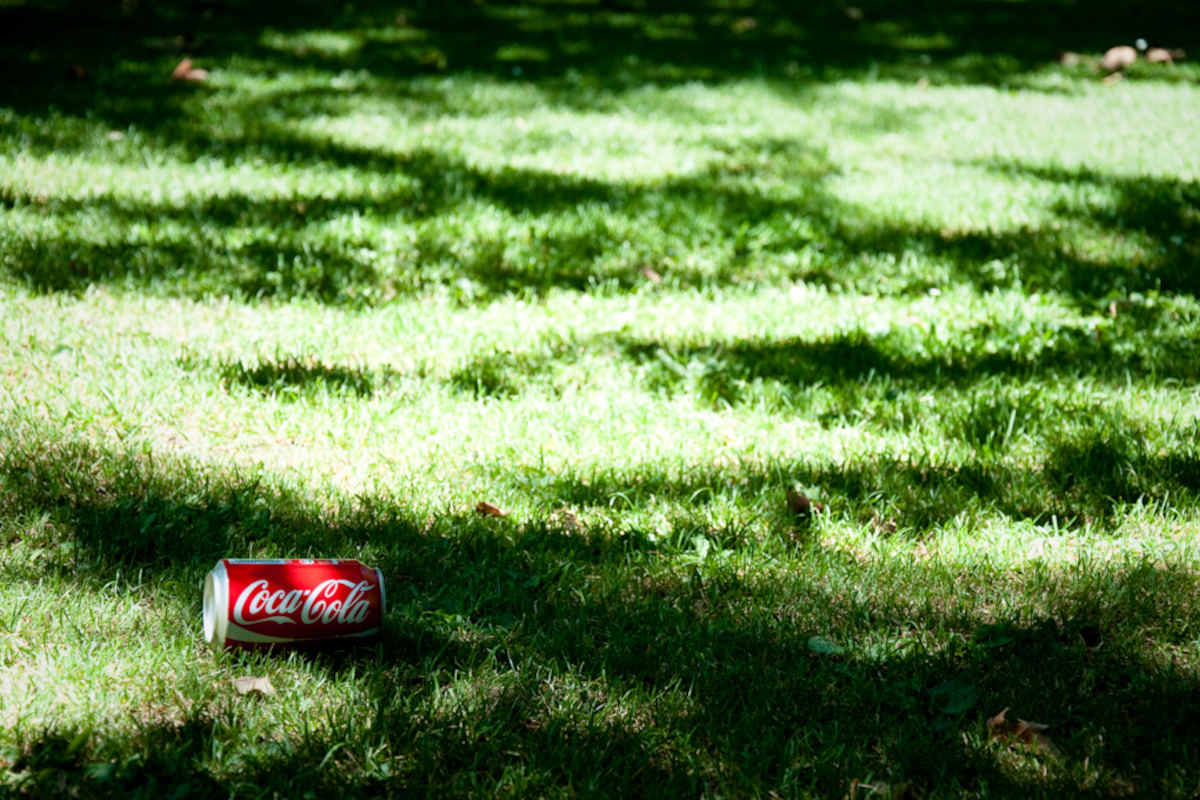
Your eyebrows might raise involuntarily at the seeming banality of the question, yet most people can offer only a vague definition. In a bid to provide clarity on the matter, and its accompanying legal ramifications, Dyl Kurpil, Managing Director of District Enforcement, a firm with a focus on environmental crime enforcement, explains further. “From chewing gum to cigarette butts, apple cores to bread for the pigeons, individuals intentionally dropping and walking away from any litter can be subject to a Fixed Penalty Notice (FPN), with its attendant £150 Penalty,” he notes.
Clear definition
‘But it’s just…’ a cigarette butt, an orange peel, or seeds for the birds – everyone has their own personal take on litter. Cigarette smokers nonchalantly throwing a used cigarette down a storm drain will be incensed by someone else discarding their fast food wrapper.
But cigarette butts do not degrade – and throwing them down the storm drain doesn’t solve the problem; it just moves it on for someone else to clean and sort out. If the average smoker discards just half of their unwanted cigarettes, that’s 3,600 butts a year, butts made of non-biodegradable cellulose acetate — a type of plastic. Furthermore, once littered they leach toxic chemicals—including acetic acid, hexamine, arsenic, and chromium—into our water table, where these chemicals can remain for as many as 10 years and can be poisonous to the fish and wildlife that ingest them.
Criminal behaviour
There is no ‘it’s just’ justification with litter – littering is a crime, under the Environmental Protection Act 1990 (as amended) and there is a clear guidance from the Department for Environment, Food and Rural Affairs (2006), which states: ‘Litter is best defined as something which is improperly discarded by members of the public in an area. It includes sweet wrappers, drinks containers, cigarette ends, gum, apple cores, fast food packaging, till receipts, small bags … ’ The guidance also states that: ‘Litter is something, more often than not, synthetic, which is improperly discarded by the public whilst sitting, walking, or travelling through an area.’
The definition of littering also includes public urination – an activity that would undoubtedly enrage the person feeding half a loaf of bread to the ducks every day. The offenses are the same.
Increase the volume of items dropped to a single sack of rubbish or more – and then you are in the realms of fly-tipping. This is not only liable to a higher fine but also a greater offense that can lead the individual straight to the crown court. Fly tipping can even include leaving items to the side of the recycling storage at the local tip – if items are not disposed of in a compliant fashion, individuals that can be tracked down will face a serious penalty.
Consistent approach
Of course, there are (some) justifications for people failing to understand about litter. While it is clearly irresponsible to leave glass bottles, beer cans and food wrappers in public spaces where they can be a hazard for both humans and animals, the lack of consistent enforcement by local authorities across the UK has led to confusion amongst some and provided an excuse for others.
A consistent approach to enforcing littering by applying an FPN to all incidents of litter can make a huge difference in both public awareness and behaviour. For cash strapped local authorities this is just one more burden that is incredibly tough to resource – which is why many are now opting to outsource environmental compliance, a service that can be cost neutral for councils.
A trusted third party that is driven by a desire to improve the quality and cleanliness of green spaces can transform the level of compliance to littering laws within a local authority area. More significantly, the service combines compliance with education and awareness to drive behavioural change.
Improving public awareness of ‘what is litter’ improves their understanding and behaviour and is proven to reduce the amount of litter discarded – not only in green spaces but also in high streets and roadsides.
District Enforcement is a specialist enforcement company offering environmental crime enforcement, parking management, moorings management and event control to local authorities.







